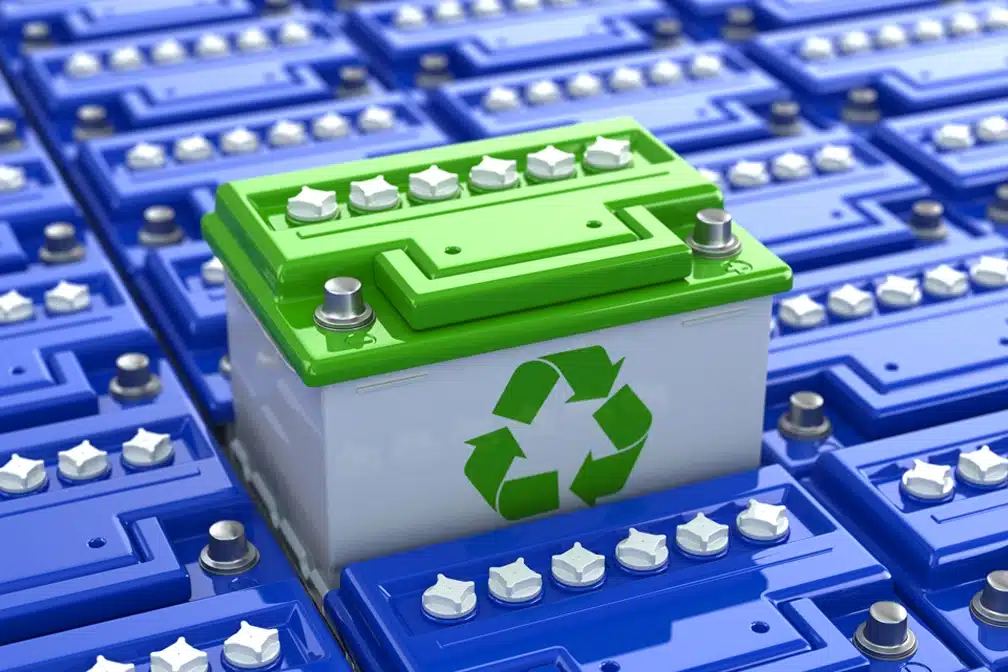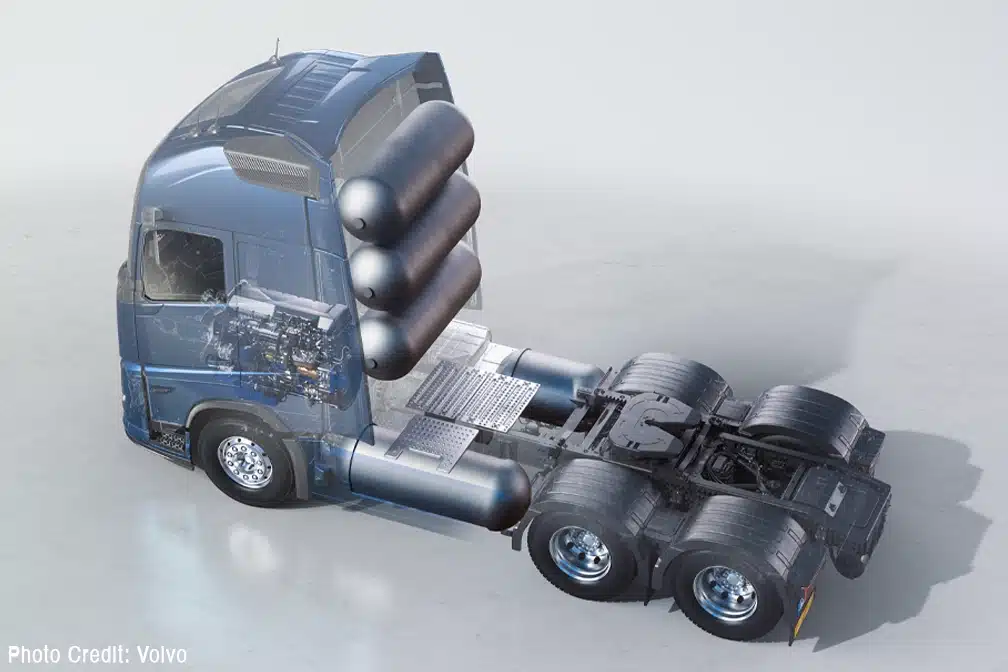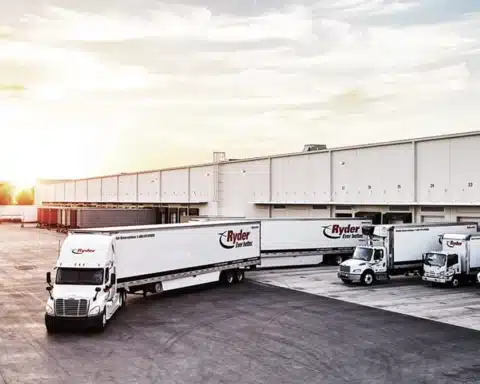Recycling EV Batteries: Daimler Truck North America’s New Sustainability Program
Daimler Truck North America (DTNA) has introduced a groundbreaking initiative aimed at recycling EV batteries used in battery electric vehicles.

Daimler Truck North America (DTNA) has introduced a groundbreaking initiative. They announced a program aimed at extending the lifecycle of batteries used in battery electric vehicles (BEVs). Unveiled at the Advanced Clean Transportation (ACT) Expo in Las Vegas, this program focuses on the principles of repairing, remanufacturing, repurposing, and recycling EV batteries and their materials. This comprehensive approach not only maximizes the lifespan of these expensive components but also contributes to environmental sustainability.
The Importance of Battery Lifecycle Management
Electric vehicle batteries are a significant investment, often being the most costly part of a BEV. According to DTNA Senior Vice President of Sales and Marketing, David Carson, once these batteries no longer serve their purpose in powering vehicles, they become nearly worthless to operators. DTNA’s “Second Life” program addresses this challenge by implementing a system that extends the usability of these batteries beyond their initial lifecycle.
Repair and Remanufacture
DTNA’s telemetry technology plays a crucial role in determining when a truck’s battery is no longer fit for vehicle use. When possible, the first step is to repair the battery. If a battery is beyond simple repair, it enters the remanufacturing process. This takes place at Detroit Diesel Remanufacturing locations across the United States. There, the battery undergoes partial disassembly, module replacement, and rigorous testing. Remanufactured products are updated with the latest technology and must meet or exceed new product standards before being reintroduced to the market. This process not only reduces waste but also offers a cost-effective solution that enhances the total cost of ownership for customers.
Repurpose with Nuvation Energy
For batteries that cannot be repaired or remanufactured, DTNA has partnered with Nuvation Energy to develop battery energy storage systems (BESS). These systems assist in various applications such as charging, peak shaving, backup storage, and microgrid scenarios. The first units of these storage systems, designed using Detroit battery modules, will be installed at DTNA’s Electric Island later this year. This repurposing effort is critical as it helps mitigate the limitations of the current power grid by enabling off-peak charging and reducing reliance on the grid.
Recycling EV Batteries with Li-Cycle
When batteries reach the end of their life cycle and can no longer be repurposed, DTNA collaborates with Li-Cycle, a leading lithium-ion battery resource recovery company. Li-Cycle employs an environmentally friendly method that recycles batteries in a liquid-based solution, achieving up to a 95% recovery rate of critical materials. This high recovery rate ensures that valuable materials are returned to the battery supply chain, minimizing waste and environmental impact.
A Circular Economy Approach
DTNA’s commitment to sustainability is reflected in its circular economy approach, which extends beyond just batteries. The company aims to maximize the lifecycle of all components used in its electric vehicles. This strategy is part of DTNA’s broader goal to achieve carbon neutrality for all new products and services from direct suppliers in Europe, the United States, and Japan by 2039. By 2025, DTNA plans to achieve CO₂-neutral production at all its remaining truck manufacturing plants.
Looking Ahead
Daimler Truck North America’s “Second Life” recycling EV batteries program is a significant step forward in the quest for zero emissions in the trucking industry. By focusing on repairing, remanufacturing, repurposing, and recycling EV batteries and their materials, DTNA is not only extending the lifespan of these critical components but also contributing to global sustainability efforts. This comprehensive approach ensures that the valuable materials used in electric vehicle batteries are utilized to their fullest potential, reducing waste and supporting a more sustainable future for the trucking industry.
Recent Posts
Copyright 2024. All Rights Reserved.






